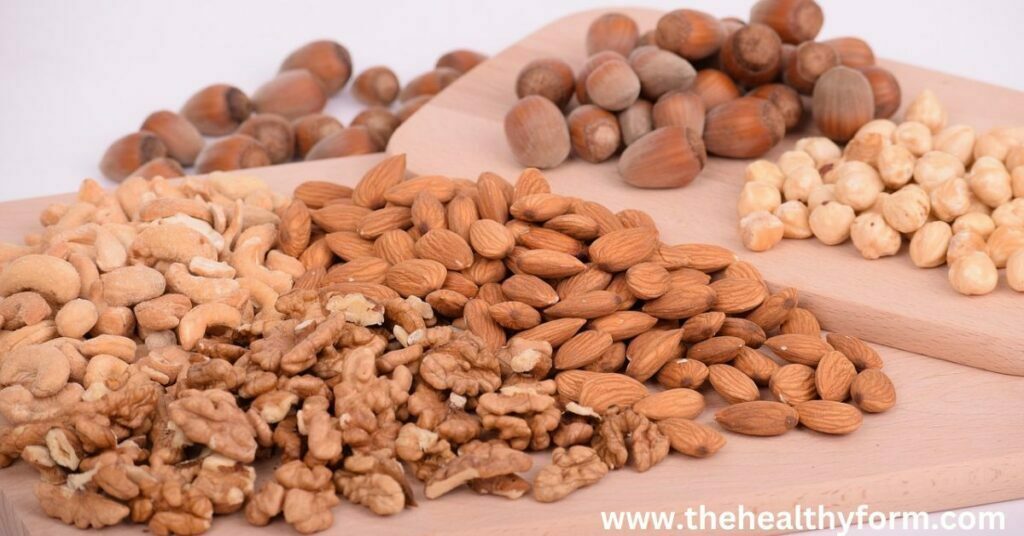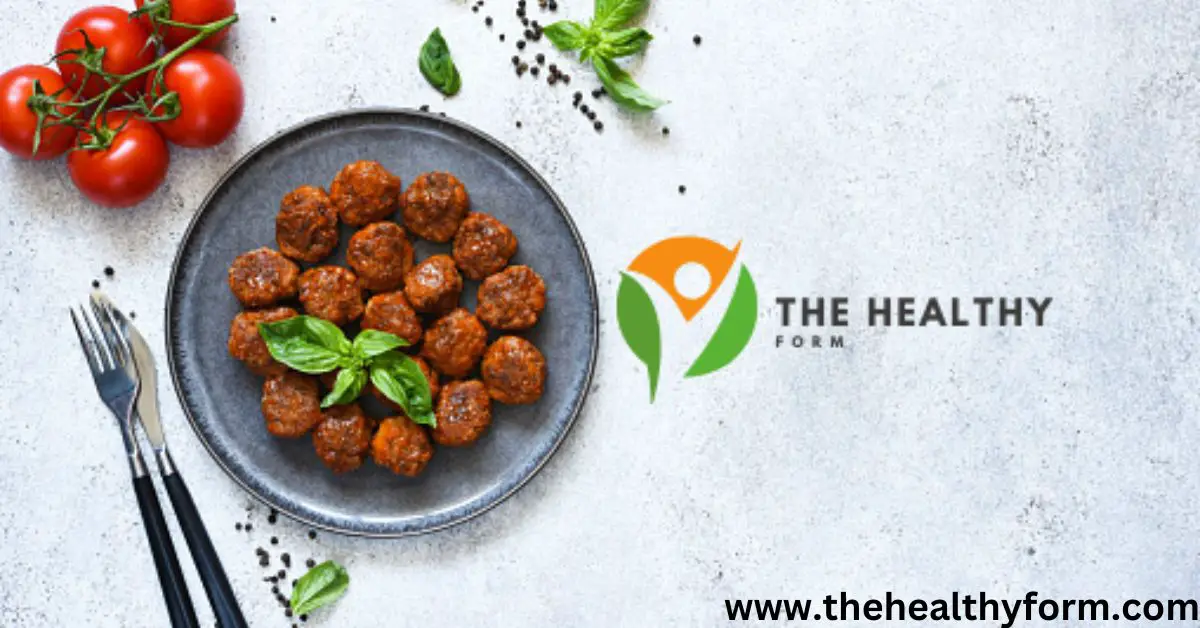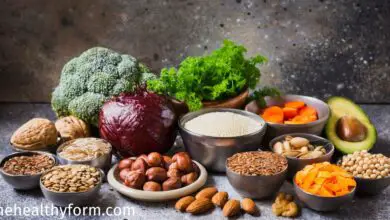The Benefits of Protein to Promote Overall Health and Well-Being
Uncover the benefits of protein for promoting overall health and well-being, from building lean muscle to boosting immunity and improving brain function. The nutrient that helps you create muscle is typically thought of as protein. What if we told you that protein is crucial for so much more? Protein is essential for maintaining a healthy weight and increasing energy levels. It also helps your body function like a well-oiled engine.
The benefits of protein for your general health and well-being will be discussed in this article. As well as debunking some common misconceptions regarding protein, we’ll offer advice on maximizing your intake. To achieve success, protein is a crucial component. This is true whether you want to get leaner, lose weight, or feel better overall.

What Is Protein and How Does It Benefit Our Health?
Our general health and well-being depend on protein. Our immune system depends on the health of our muscles, skin, hair, and nails, all of which help to create and restore. The creation of hormones and digestion are fueled by protein in our bodies.
Despite its importance, many of us still don’t get enough protein. Numerous things, such as hectic lives and bad eating choices, may be to blame. However, you cannot receive enough protein without a balanced diet. Supplements can help in this situation. Although many protein supplements are available, those that provide all nine necessary amino acids are the most efficient. These supplements can be used before, following, or in conjunction with a meal replacement regimen.
What Are the Recommended Daily Protein Intakes?
How much protein do you thus require daily? The suggested daily protein requirements are as follows:
For a male, on average, 56 grams each day
For a lady, on average, 46 grams each day
Up to 71 grams and 82 grams of protein per day are required of active persons and pregnant or nursing women. Even more may be required for endurance athletes. But don’t worry. It’s easy to reach your daily protein goal if you include a variety of high-protein foods in your diet. You can find good protein sources in meat, poultry, fish, eggs, dairy products, legumes, nuts and seeds.
The Best Sources of Protein
You might be wondering where you can get your protein from. Great dietary protein sources include meat, poultry, fish, eggs, dairy products, legumes, nuts, and seeds.
But it’s not just about how much protein you eat. It’s also important to make sure you’re getting the right kinds of protein. Some proteins are better for your health than others.
For example, animal-based proteins like meat and dairy are high in saturated fat and cholesterol. They can also be difficult for the body to digest. Plant-based proteins like legumes, nuts, and seeds are a healthier option. They’re low in saturated fat and cholesterol, and they’re also easier to digest.
So make sure you include a variety of protein sources in your diet to get the most benefit for your health and well-being.

Protein Timing for Optimal Health Benefits
So, how can you ensure you get the most out of the protein you eat? The timing matters—eating protein regularly throughout the day helps your body maintain a constant and adequate level of essential amino acids in the blood. This helps ensure protein benefits are optimized for building muscle, recovering from exercise, supporting immunity, and more. So, evenly spreading your caloric protein intake over your meals can benefit overall health and well-being.
But don’t try to cram too much protein into one meal—consuming more than 30g of protein in a single sitting won’t offer any additional benefit beyond what 30g already provides. That’s because your body can only absorb and use a limited amount of amino acids at any given time. So, there’s no point in loading up on excess once you’ve consumed enough!
Common Myths and Truths About Protein
Let’s talk about some common myths and truths about protein. Understanding the facts is important to ensure you get the most out of your protein intake.
One myth is that protein is only for muscular growth. However, that isn’t true. Protein is also great for maintaining healthy bones and joints and helping with wound healing and cell formation. Protein can also provide energy and help keep your blood sugar levels stable.
Another myth is that protein should only be taken as shakes or bars post-workout. While shakes and bars are a great way to get protein after a workout, it’s important to remember not to rely on them as your sole source of protein. Quality sources such as lean meats, fish, eggs, nuts, and legumes should all be part of your regular diet to ensure you get all the essential proteins into your diet.
The Role of Food Protein on Health
Understanding the nutritional value of combining food to get the most out of dietary protein. Every food has its own set of nutrients, and combining them in the right way can help your body absorb more of these nutrients from the food. Protein-rich foods like lean meats are best combined with fruits and vegetables high in vitamins and antioxidants. This will optimize digestion and help your body get the most out of food.
Whole grains can also be beneficial when eaten with lean proteins, as they provide dietary fiber and carbohydrates that can help slow down digestion and keep you fuller for longer. Eating a balanced meal composed of protein-rich foods, carbohydrates, fruits, and vegetables is key for optimizing nutrient absorption from your foods.
Conclusion
So, what’s the takeaway? Protein is important for overall health and well-being and should be a part of everyone’s diet. It’s not just for athletes or bodybuilders – everyone can benefit from enough protein.
But how much protein do you need? That depends on your age, sex, and activity level. The recommended daily intake for protein is typically around 56 grams for men and 46 grams for women. Still, speaking with a doctor or nutritionist is important to determine what’s best for you.
Thanks for reading! We hope this article has helped you learn more about the benefits of protein and how you can include it in your diet for an overall healthier lifestyle.






